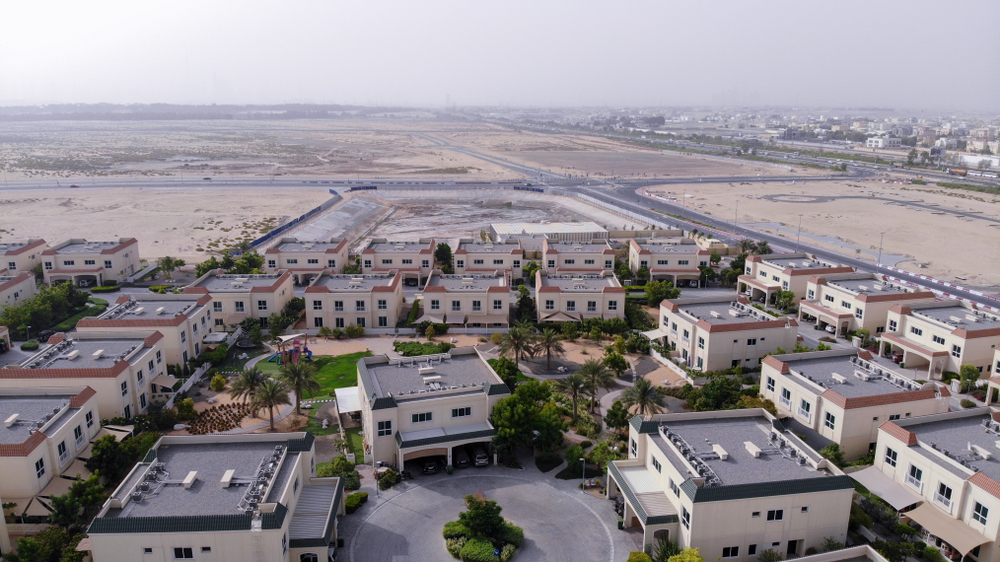Moving apartments can be a stressful experience for both tenants and landlords in Dubai. However, a smooth move-in and move-out process minimizes hassle and ensures a positive landlord-tenant relationship. Let’s delve into the intricacies of these processes in Dubai and offer insights on navigating them seamlessly.
Understanding the Dubai Rental Market
Before looking into the procedures, it’s important to grasp the current state of Dubai’s rental market. According to the Dubai Land Department, the city has seen a significant increase in rental transactions over the past year, reflecting a robust demand for residential properties. This uptick emphasizes the importance of efficient tenant move-in and move-out processes to keep up with the dynamic market.
Key Differences Between Move-In and Move-Out in Dubai
Understanding these procedural differences is crucial for both landlords and tenants to ensure a smooth rental experience:
Move-In
- Initiation: The tenant starts the move-in process by expressing interest in the property, negotiating terms, and signing the lease.
- Tenancy Agreement: A legally binding contract (Ejari) is signed, outlining rent, security deposit, notice periods, use of the property, and other essential terms. Registering your contract using the Ejari system is mandatory in Dubai.
- Deposits and Fees: The tenant pays the agreed-upon security deposit, agency fees (if applicable), and potentially the first month’s rent in advance.
- DEWA Connection: The responsibility for setting up a Dubai Electricity and Water Authority (DEWA) account may fall on the tenant or landlord, depending on the agreement. The tenant usually connects other utilities like the internet and phone.
- Move-In Permits: Certain buildings or communities require move-in permits, typically obtained with the help of the landlord or property manager.
- Physical Move: The tenant coordinates the actual move into the property, often employing the services of professional movers.
Move-Out
- Initiation: The tenant or landlord can initiate the move-out, depending on who terminates the lease agreement. Reasons for termination could be non-renewal, selling the property, or breach of contract.
- Notice Period: Dubai law mandates a notice period (often 90 days) for tenants terminating a lease. However, a 12-month notice is required if the landlord seeks to evict the tenant upon contract expiry. Consult RERA for the most up-to-date regulations.
- Property Inspection: A thorough move-out inspection compares the property’s condition with the initial move-in report. This determines potential deductions from the security deposit for any damage beyond normal wear and tear.
- Repairs and Maintenance: The party responsible for addressing any required repairs is stipulated in the tenancy contract. Tenants are generally expected to return the property in a similar condition to when they moved in, barring normal wear and tear.
- Disconnection of Utilities: The tenant is typically responsible for disconnecting DEWA and any other utility services before moving out.
- Security Deposit Return: After the landlord assesses the property condition and clears any outstanding bills, the tenant aims to recover their security deposit. RERA has guidelines on the timeframe for deposit returns.
Tenant Move-In Procedures in Dubai: Optimizing the Experience
- Comprehensive Tenancy Contract: A well-drafted tenancy contract sets clear expectations. Include clauses about rent, security deposit, notice periods, maintenance responsibilities, and move-out procedures. Consult a legal professional for assistance if needed.
- Move-In Checklists: Provide tenants with a detailed move-in checklist outlining necessary documents, utility connection instructions, and emergency contacts. This ensures a smooth transition for the tenant.
- Property Inspection: Conduct a pre-move-in inspection with the tenant present and document the property’s condition. Take clear photos or videos to avoid disputes later.
- Welcome Packets: A welcome packet containing essential neighborhood information (supermarkets, pharmacies, etc.) and community guidelines can enhance the tenant’s initial experience.
- Tenant Orientation: Provide the tenant with all necessary information about the property and the community. This includes access codes, parking information, and emergency contact numbers. A well-informed tenant is more likely to feel comfortable and settled from the start.
Tenant Move-Out Procedures: Maintaining Property Standards
- Advance Notice: Adhere to the notice period stipulated in your tenancy contract. This usually ranges from 90 days in Dubai. Provide tenants with a clear move-out checklist outlining their responsibilities.
- Move-Out Inspection: Perform a thorough move-out inspection, comparing it with the initial move-in inspection report. Fairly address any damages beyond normal wear and tear.
- Deposit Returns: According to Dubai’s Rental Dispute Settlement Centre, landlords must return security deposits within a reasonable time frame after the tenant vacates, provided there are no outstanding claims.
- Communication is Key: Maintain open and transparent communication throughout the move-out process to minimize potential disputes.
Tips to Ease Tenant Transitions in Dubai
- Move-In/Out Permits: Verify if your building or community requires move-in/out permits. Assist tenants in obtaining them by providing necessary documentation.
- Flexibility: To accommodate tenant schedules, offer some flexibility with move-in/out dates.
- Professional Cleaning: Consider providing professional cleaning services before move-in to ensure a welcoming experience for the new tenant.
- Utilize Technology: Use property management software to streamline tenant communication, rental payments, and maintenance requests.
Let’s Make Moving Easier
By implementing these tips, landlords in Dubai can make the tenant’s move-in and move-out experience streamlined and hassle-free, ultimately fostering positive relationships and protecting their property investments.
